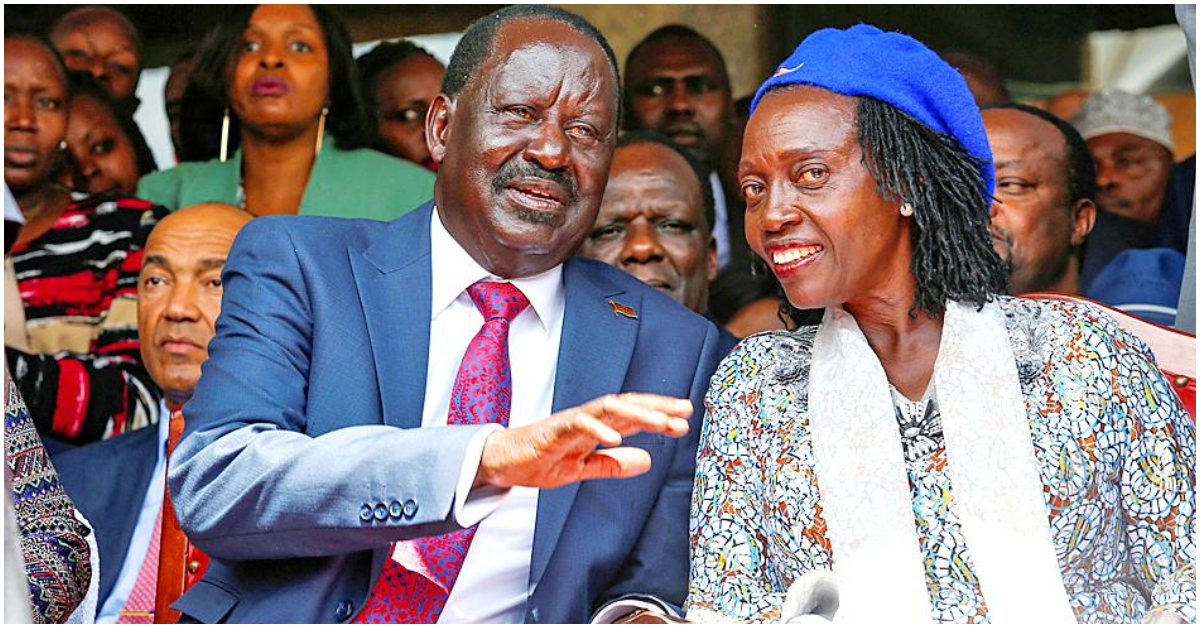In a fiery rebuke delivered during an exclusive interview with NTV, the People’s Liberation Party (PLP) leader Martha Karua flatly rejected ODM leader Raila Odinga’s proposed national conclave as nothing more than a smokescreen—a political theatre meant to sanitize President William Ruto’s violent crackdown on dissent.
“Dialogue with the rogue Kenya Kwanza administration is not an option,” Karua declared, calling out what she described as a calculated betrayal of the people’s struggle and a dangerous attempt to lull the nation into complacency.
The conclave, unveiled by Raila in the wake of the bloody July 7 protests that left at least 38 Kenyans dead, has been framed as a broad-based civic engagement platform meant to channel national grievances into structured reforms.
But to Karua, it is déjà vu—the resurrection of NADCO, the post-2022 dialogue forum she once dismissed as a political pacifier that traded the people’s pain for elite power-sharing.
“They were supposed to talk for 90 days. It dragged for a year. The outcome? Seats for the big boys and nothing for the mwananchi,” Karua fumed. “The cost of living, the suffering—all that was swept under the rug.”
Karua didn’t stop there. She accused Ruto’s regime of governing through deception and brute force, citing the unresolved death of blogger and teacher Albert Ojwang’, who died in police custody after being arrested for allegedly insulting Deputy IG Eliud Lagat.
“Ojwang’ is dead. And [Lagat] is back at work. What amendment to the law can cure that?” she asked. “This regime’s disease is impunity—not policy.”
Turning her gaze directly to Raila, Karua recounted a private phone call she made to the ODM leader just days after Saba Saba:
“I didn’t want a debate. I asked him: how does your conscience sit with the blood being spilled while you extend a hand to the same regime wielding the gun?”
Raila reportedly defended his call for a conclave, saying it had been misinterpreted. But Karua wasn’t convinced—and had no intention of continuing the conversation. When Raila proposed a face-to-face meeting, Karua declined.
“I told him I was travelling to the U.S., and I wasn’t interested in a meeting. Why would I sit down to talk about talking with a regime that has its boot on the neck of Kenyans?”
With the country still reeling from a brutal government response to youth-led protests over taxation, corruption, joblessness, and police brutality, Karua’s message to Raila was both personal and national:
“Please. Withdraw your support. Stop the bloodletting. Kenyans don’t need pacifiers—they need justice. They will sort themselves out.”



